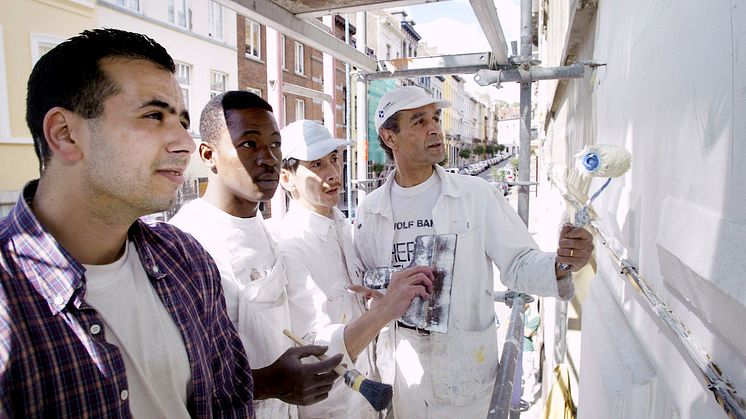Season’s Greetings and Best Wishes for 2019
We want to thank you for your support and wish you and your family a peaceful Christmas and a happy New Year.

We want to thank you for your support and wish you and your family a peaceful Christmas and a happy New Year.

Structural change is expected to move much faster in the Member States who joined the Union after 2004, and we forecast big changes in the occupational wage and task structure in these countries in the run up to 2030.

Europe is back on track towards upward convergence, but some outliers remain.
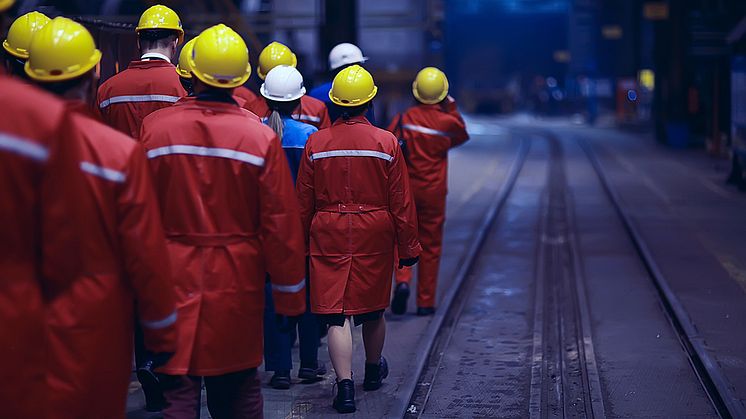
Overall trust in institutions such as national governments, the legal system, the EU, and the media has rebounded in Europe following the recent economic recovery. However, in a number of the Member States most adversely impacted by the crisis, trust in national institutions has still not returned to pre-crisis levels.
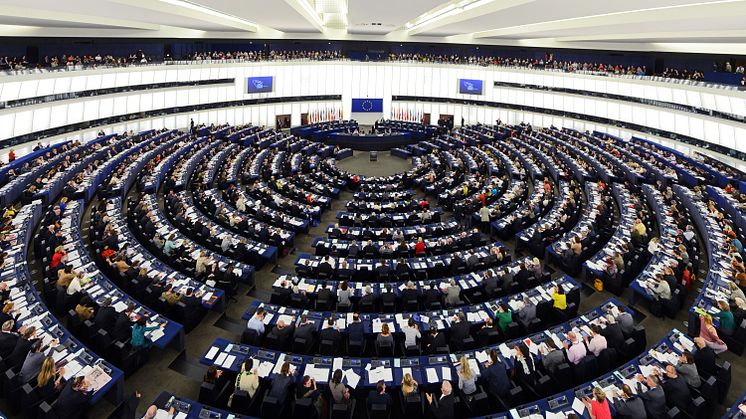
Quality of life is improving in Ireland, particularly in relation to social cohesion, with the country recording some of the highest levels optimism in the EU and lowest reported levels of tension between racial and ethnic groups. However, a number of challenges remain, notably in public transport, childcare services, and social housing – all of which are rated below EU averages.
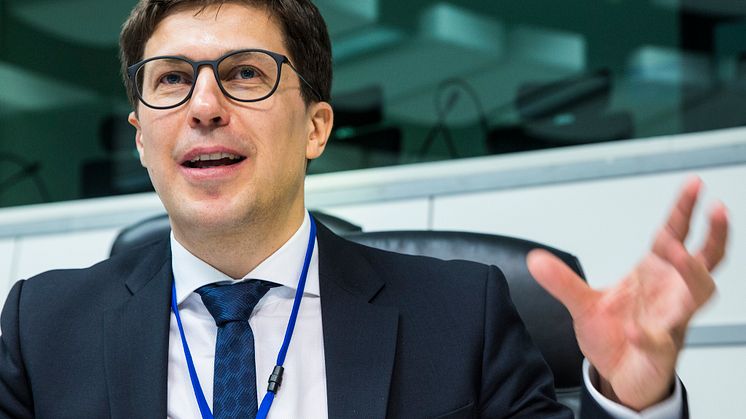
Eurofound Director Juan Menéndez-Valdés will present to the Oireachtas Joint Committee on EU Affairs at 14:00 GMT on Wednesday 12 December. The presentation will look at Ireland-specific data from the European Quality of Life Survey and European Working Conditions Survey.
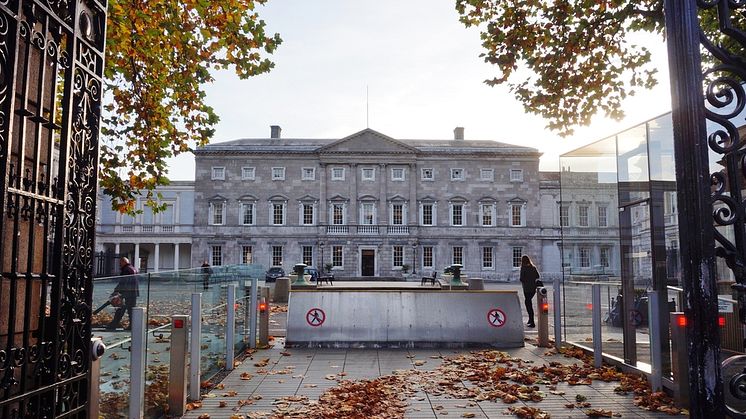
There has been an overall improvement in the employment and social situation of people with disabilities in the EU, with more people with disabilities in employment and actively participating in society in 2016 than 2011. However, disabled people are still significantly less likely to be in employment than people without disabilities, and they remain among the most disadvantaged groups in Europe.
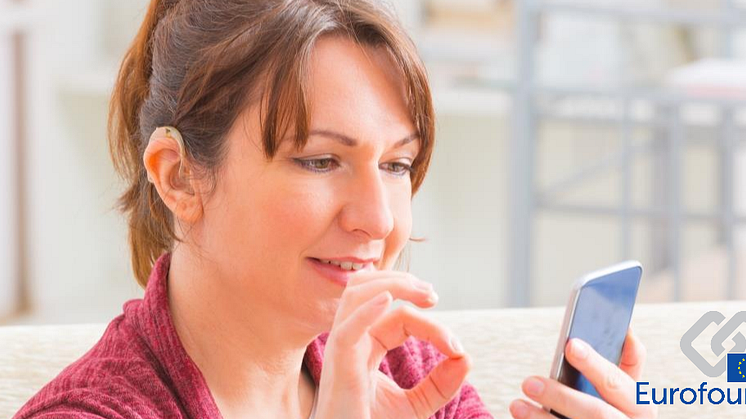
Eurofound's latest report from the Quality of Life Survey looks at five key aspects of social cohesion including perceived social exclusion, perceived social tensions, interpersonal trust, participation in society and a sense of community. Collectively, these aspects have an important bearing on the well-being of citizens.
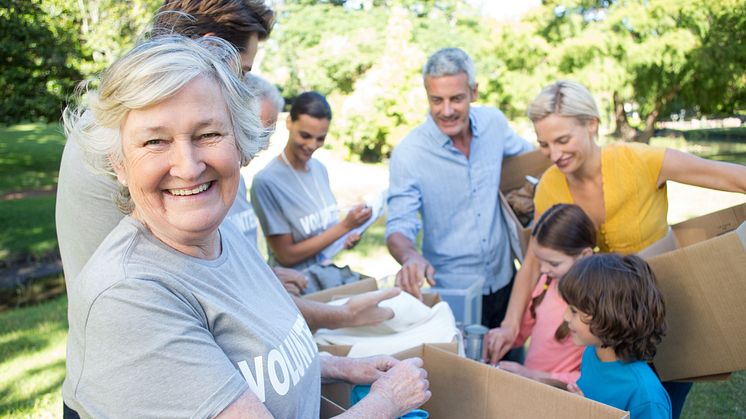
Platform work is neither good nor bad – it just is. We need to adapt to this reality by finding ways to capitalise on the positive while at the same time counteracting the negative. This needs to be done in a differentiated way, taking account of the great variety in platform work. One-size solutions simply will not fit all.
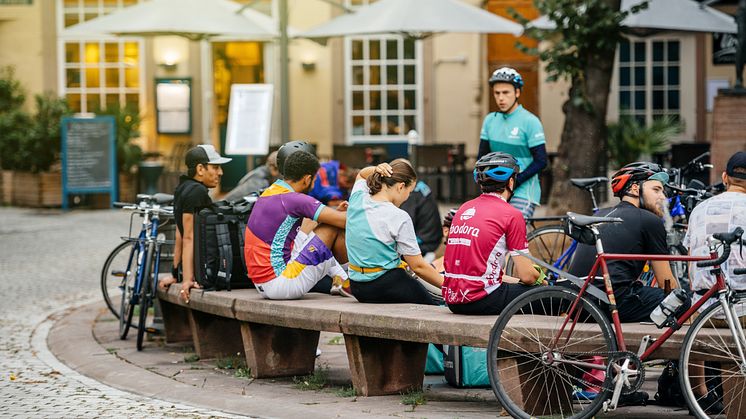
Few events challenge the equilibrium between work and life like the arrival of a child. As gender roles continue to change in Europe, supporting the uptake of paternity and parental leave among fathers is fundamental, not just to close the ‘caring gap’ between men and women, but also to provide the best possible outlook for coming generations.
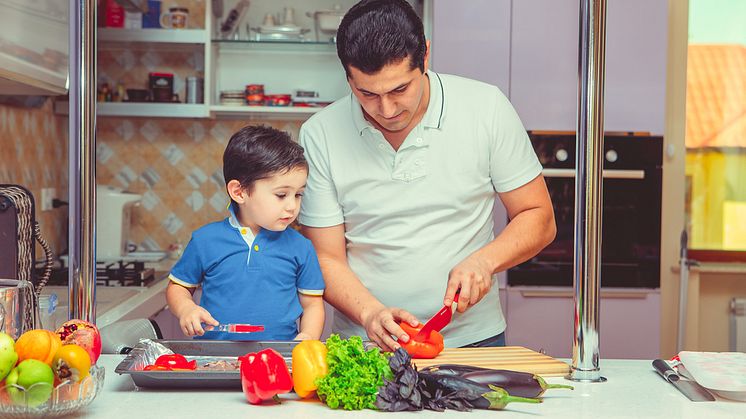
Feelings of insecurity in several dimensions of life are widespread in the EU, even among those who are materially well-off. Only 1% of the EU population enjoys the highest level of security in the combined areas of personal security and security in housing, healthcare, employment and old-age income.
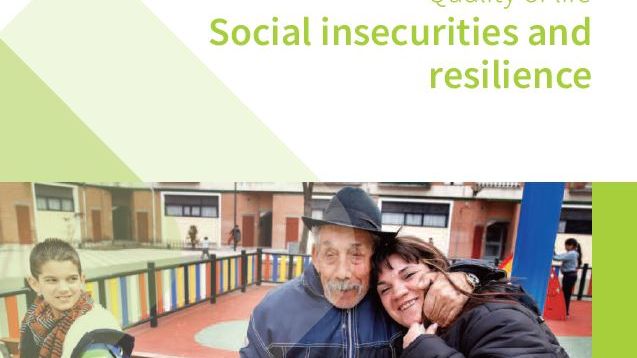
In September Eurofound will release a new report on Burnout in Europe, examining what causes burnout, the effects of burnout, and mapping where in Europe it is considered an occupational disease.
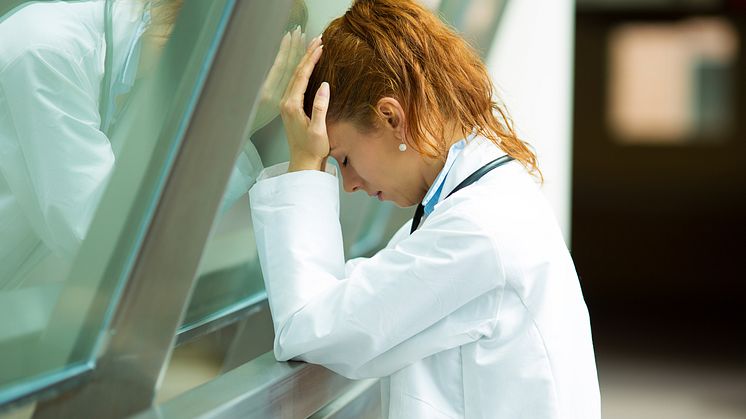
As the European Union recoups the losses of the crisis and seeks a sounder footing for future growth, the concept of convergence has taken centre stage in the policy discourse. But what do we mean by ‘convergence’ in the European context?
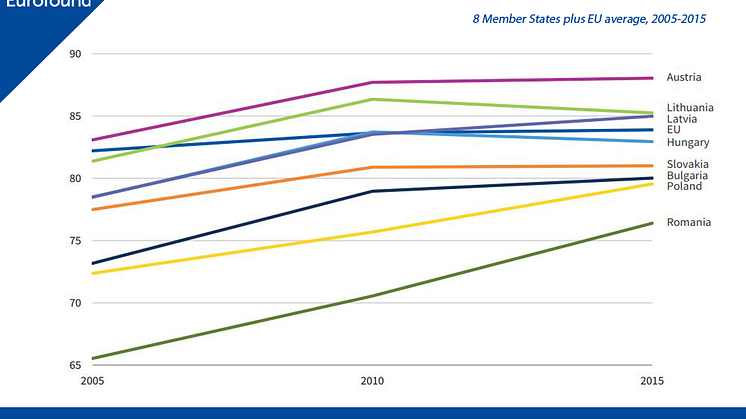
It seems that social structures are hardening. As the modernisation of economies subsides, fewer new jobs are being created at the higher occupational levels, and this is curtailing upward mobility.
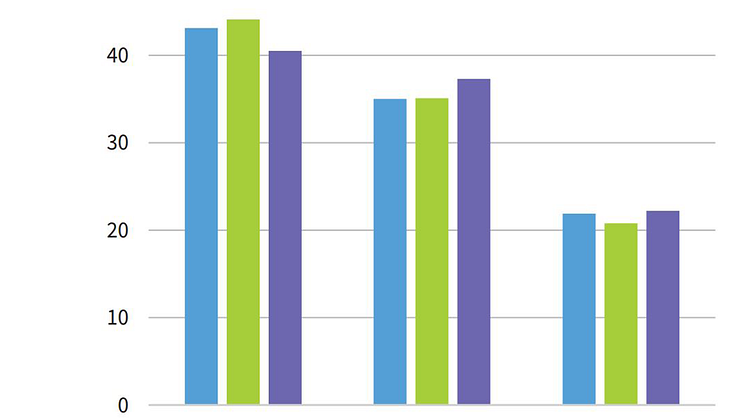
@JuanMenendezEF presents #eurofound latest research findings on #platform #work and employment conditions at the informal #EPSCO #eu2018at today 19 July 2018
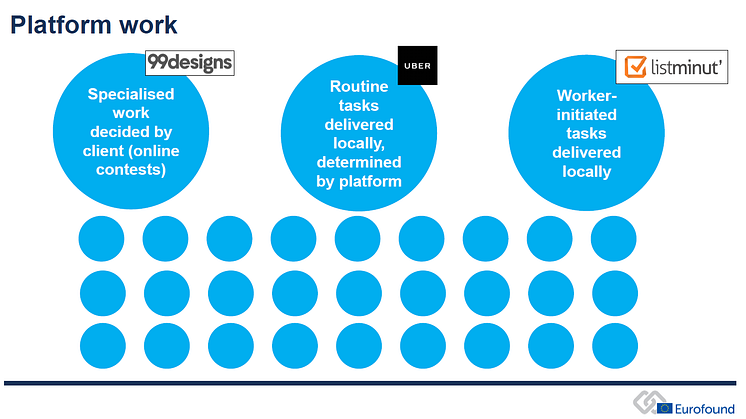
It is well known that women take more responsibility for the care of their children than men. According to the 2016 EQLS, 88% of mothers compared to 64% of fathers in the EU care for their children every day. These fathers estimate they give 21 hours a week to the care of their children, while the mothers dedicate 39 hours per week.
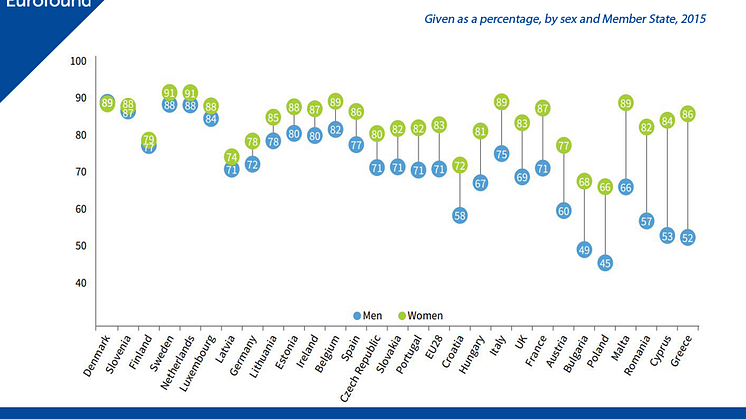
Wages grew and wage inequality fell in most EU countries in 2015. Germany is not one of the countries where wages rose most, but it did have the largest reduction of wage inequality. Our analysis shows that the German minimum wage policy introduced in 2015 strongly lifted the wages of the lowest-paid employees, particularly those employees who were lower-skilled, younger or working in services.

Europe is showing visible signs of progress; in most countries, labour markets are healthier than they have been in a decade, with more people active and in work than ever before, while social exclusion is declining. However, it is also a continent in transition, where an imbalance in opportunities for prosperity and quality of life directly determines to what extent you have felt this recovery.
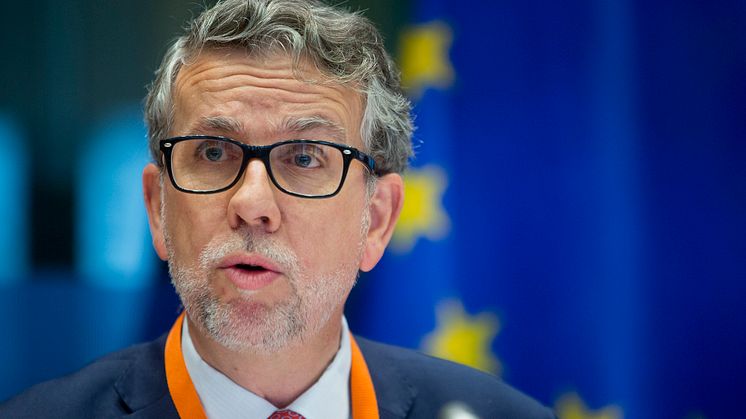
The number of people active in the labour market is at an all-time high, ratings for key public services are increasing and there is a marked recovery in trust in national institutions in many Member States, these developments are detailed in Eurofound’s latest Living and working in Europe yearbook for 2017.
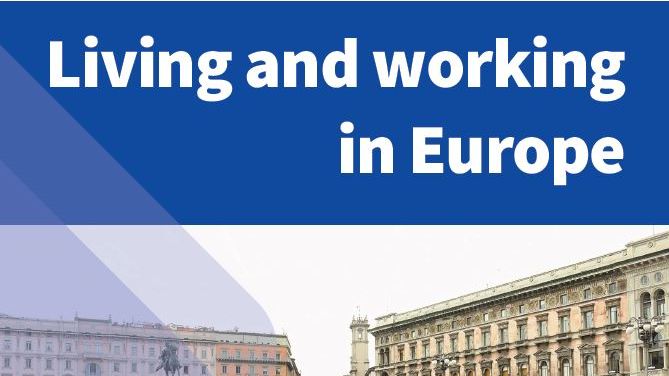
Research Manager Isabella Biletta looks at fraudulent practices in the contracting of work across the EU. The article is based on several years of Eurofound research on the subject.
